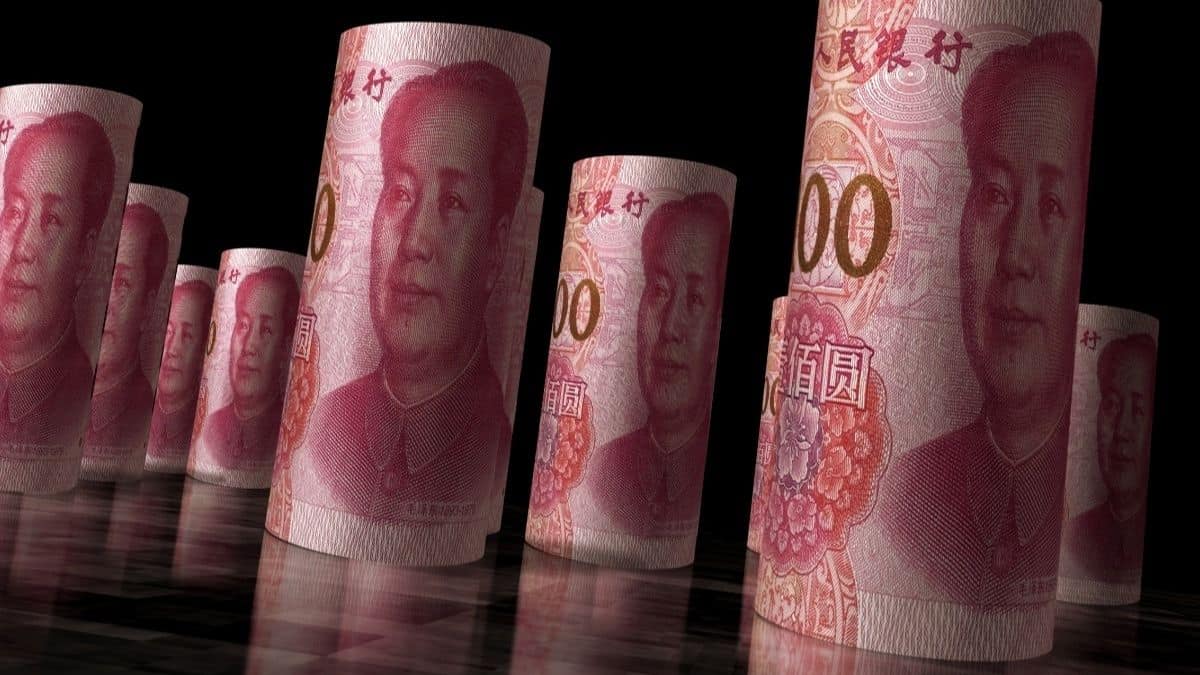China will keep the yuan flexible while bracing for external shocks

China said on Friday that it will keep the yuan flexible and the foreign exchange market stable, and that it will actively prevent and defuse risks from external shocks.
According to China’s foreign exchange regulator, the pattern of foreigners investing in China and allocating yuan assets would not alter. Meanwhile, despite a predicted decline in exports, China forecasts a reasonable current account surplus this year.
The remarks come amid signs of substantial foreign outflows from Chinese markets since Russia declared war on Ukraine, as investors fear Beijing’s alliance with Moscow will become a liability as the situation drags on.
The widening policy divergence between a hawkish Federal Reserve in the United States and a dovish People’s Bank of China may also result in money outflows.
The State Administration of Foreign Exchange (SAFE) announced on Friday that it will tighten macroprudential supervision of cross-border capital flows in order to mitigate the risk of external shocks.
China would retain yuan flexibility, increase surveillance of cross-border capital flows, expand the policy toolbox, and correctly moderate expectations, the country said.
“China’s financial market is becoming more open, and Chinese bonds and stocks offer good investment value,” SAFE stated.
“There is still significant space for foreign investors to raise their allocation (to China assets), which is beneficial for long-term, consistent capital inflows.”
In terms of the current account, China’s export growth would most certainly decline from a high base as the pandemic’s impact on global trade activity fades.
However, China’s current account surplus will remain manageable, according to SAFE.


